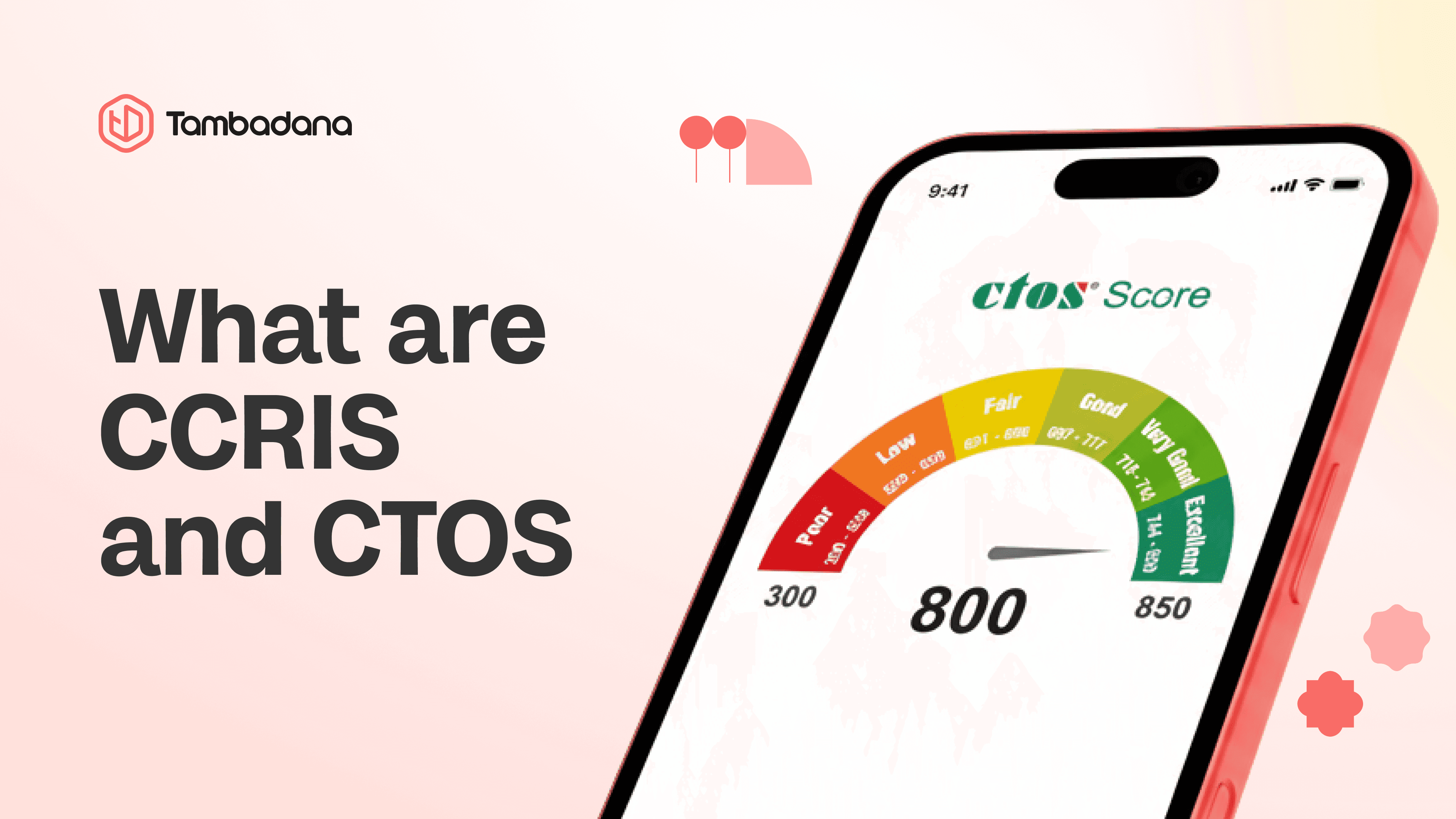5 Must-Read Finance Books for Every Aspiring Entrepreneur
5 Must-Read Finance Books for Every Aspiring Entrepreneur
Developing financial literacy is a game-changer for entrepreneurs. Understanding money management, investments, and business strategies is essential for making informed decisions and achieving long-term success. Whether you're launching a startup, managing personal finances, or scaling a business, the right books can provide valuable insights and practical guidance. This list features five must-read finance books that offer essential knowledge for anyone looking to improve their financial acumen and build a strong foundation for success.
- 1.
"Rich Dad Poor Dad" by Robert T. Kiyosaki
- 2.
"The Total Money Makeover" by Dave Ramsey
- 3.
"Thinking, Fast and Slow" by Daniel Kahneman
- 4.
"The Intelligent Investor" by Benjamin Graham
- 5.
"Your Money or Your Life" by Vicki Robin and Joe Dominguez
- 6.
Conclusion
"Rich Dad Poor Dad" by Robert T. Kiyosaki
This classic book challenges conventional views on wealth, financial independence, and investing. Through the contrasting perspectives of Kiyosaki’s “Rich Dad” and “Poor Dad,” the book emphasizes the importance of:
- Building assets instead of relying solely on income.
- Investing in real estate and businesses to generate passive income.
- Understanding financial literacy as a key to financial freedom.
Key Takeaways - The rich focus on acquiring assets, while the poor and middle class focus on earning salaries.
- Financial education is more important than academic education when it comes to wealth-building.
- Entrepreneurship and investments are paths to financial independence.
"The Total Money Makeover" by Dave Ramsey
If you’re struggling with debt and poor money management, this book provides a step-by-step plan to help you take control of your finances. Dave Ramsey lays out practical, no-nonsense advice on budgeting, saving, and investing.
Key Takeaways
- The debt snowball method helps pay off debt faster by focusing on small wins.
- Saving an emergency fund prevents financial crises.
- Building wealth requires disciplined budgeting and smart investing.
This book is perfect for those looking to eliminate financial stress and create long-term stability.
"Thinking, Fast and Slow" by Daniel Kahneman
Although not a traditional finance book, this Nobel Prize-winning work explores how our minds make financial decisions. Kahneman explains how biases and cognitive shortcuts impact investment and business choices.
Key Takeaways
- People have two thinking systems: fast (intuitive) and slow (logical), which influence decision-making.
- Emotional investing leads to poor financial decisions—sticking to logic is key.
- Understanding cognitive biases can help entrepreneurs make smarter, data-driven financial choices.
This book is a must-read for anyone who wants to avoid costly financial mistakes and develop better decision-making skills.
"The Intelligent Investor" by Benjamin Graham
Revered as the ultimate guide to value investing, this book lays the foundation for long-term wealth-building through smart investments. Warren Buffett credits Benjamin Graham as his mentor and the inspiration behind his investing philosophy.
Key Takeaways
- Focus on value investing, where you buy undervalued stocks with strong fundamentals.
- Ignore short-term market fluctuations and focus on long-term gains.
- Successful investors stay rational and disciplined, even in volatile markets.
If you want to understand the stock market and grow your wealth through intelligent investing, this book is essential.
"Your Money or Your Life" by Vicki Robin and Joe Dominguez
Unlike traditional finance books, this one challenges how we view money and work. Instead of focusing on getting rich, it emphasizes financial independence and a fulfilling life.
Key Takeaways
- Your financial habits should align with your personal values and life goals.
- Tracking "life energy" spent on earning money helps you reassess priorities.
- The book provides a nine-step program to achieve financial independence.
This book is perfect for anyone looking to balance financial success with a meaningful life.



